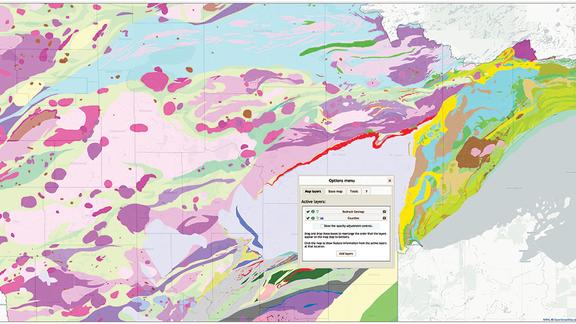
Chris is a lake scientist specializing in harmful algal bloom ecology, nutrient cycling in lakes, watershed nutrient reduction strategies, and freshwater resources management. His research interests take him from small farm ponds to Lake Superior. He also specializes in working with large datasets to investigate how climate and land use interactions affect water quality across the continental US.
Chris also directs the Central Analytical Lab, a state-certified water chemistry laboratory. Members of his team specialize in lake and stream monitoring and assessment, high resolution monitoring networks, analytical chemistry, and algal identification.
Current projects in the lab include identifying drivers of algal bloom toxicity using molecular techniques, investigating underwater light climate and phytoplankton distribution in the Laurentian Great Lakes, monitoring watershed nutrient and sediment loads in streams, and assessing lake health. Lab members also collaborate on projects ranging from developing stormwater management strategies and nutrient reduction technologies, to studying the fate and transport of road salt in aquatic ecosystems, to identifying factors causing rip currents in Lake Superior.
Education
- Postdoctoral, Iowa State University, 2010-2016
- Ph.D., Biology, Baylor University, Awarded 2009
- B.S., Biology, University of Texas at Austin, Awarded 1998
Resources
Recent Publications
Connecting tributary mercury loads to nearshore and offshore sediments in Lake Superior
Research output: Contribution to journal › Article › peer-review
Zooplankton-phytoplankton biomass and diversity relationships in the Great Lakes
Research output: Contribution to journal › Article › peer-review
Fire Characteristics and Hydrologic Connectivity Influence Short-Term Responses of North Temperate Lakes to Wildfire
Research output: Contribution to journal › Article › peer-review
Paradox versus paradigm: A disconnect between understanding and management of freshwater cyanobacterial harmful algae blooms
Research output: Contribution to journal › Article › peer-review
Individual species and site dynamics are the main drivers of spatial scaling of stability in aquatic communities
Research output: Contribution to journal › Article › peer-review



